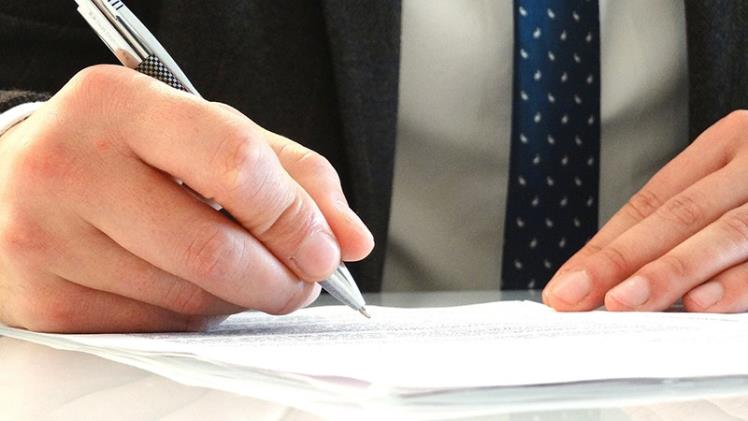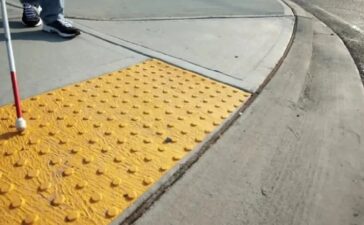A lot of young adults think they are too young to make an estate plan and that they do not own enough assets to qualify as estates. But the truth is that an estate is all the assets you own, no matter how small they are. These assets include your money, vehicles, real estate, investments, digital assets, and business interests. Regardless of how little you own, your belongings must go somewhere when you pass away. So, do not believe in the myth that estate planning in Ridgeland is just for the old and wealthy.
Estate Planning Documents You Must Have
The kinds of estate planning documents you need depend on your financial structure or wealth. But everybody needs to have a will. When you die, your possessions become your estate, which will be subjected to probate. The probate process determines what happens to your possessions that do not have a beneficiary or co-owner. The probate court will have an inventory of your belongings and pay your creditors, making your will a public matter. Without a will, the state will decide who gets your assets.
Importance of a Will
A will designates your executor, who will execute your wishes in the will, pay any outstanding debts, distribute assets to the heirs you named, and file your final taxes. Also, your will designates guardians to your dependents, ensuring your minor children are given proper care when you die.
Establishing an Advanced Healthcare Directive
Every young adult needs to have an advanced healthcare directive, which includes a durable healthcare power of attorney. This legal document spells out your healthcare wishes should you become incapacitated. Also, it specifies end-of-life health wishes and designates your decision-makers.
Although it is not comfortable to think about not being able to make decisions for yourself while you are still young, cancer, heart disease, accidental injuries, and strokes are prevalent in your age group. By having plans in place while you can, you can have peace of mind knowing you have a solid plan in place.
If you have realized how much you own, you can start making an estate plan. First, take into account to who you wish to get your belongings to and consider your secondary beneficiaries. Over the years, your life situations can change and requires you to update your plan. This can happen in the event of childbirth, marriage, divorce, or death. After you have determined your beneficiaries, you should sit down with an attorney.





